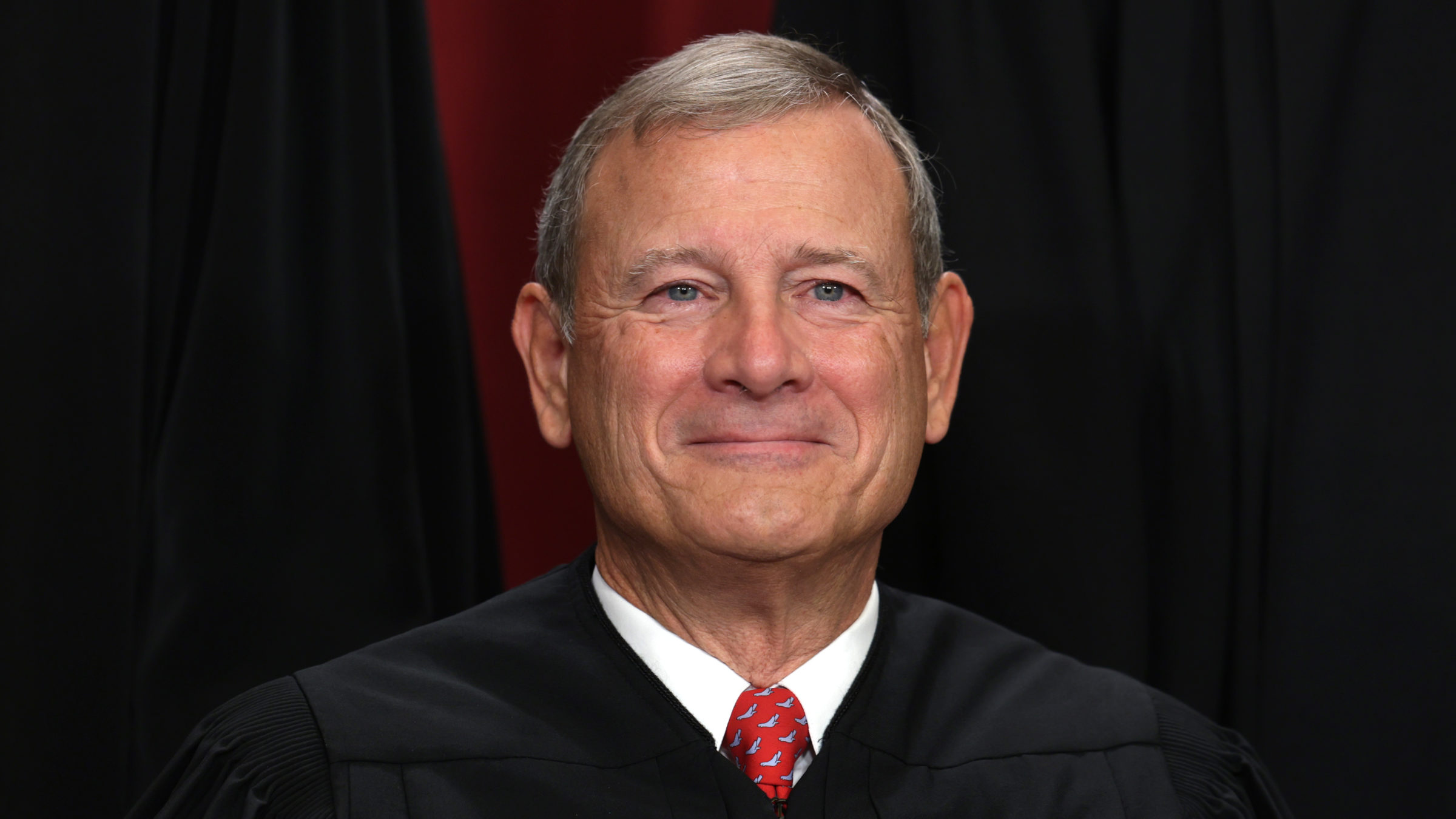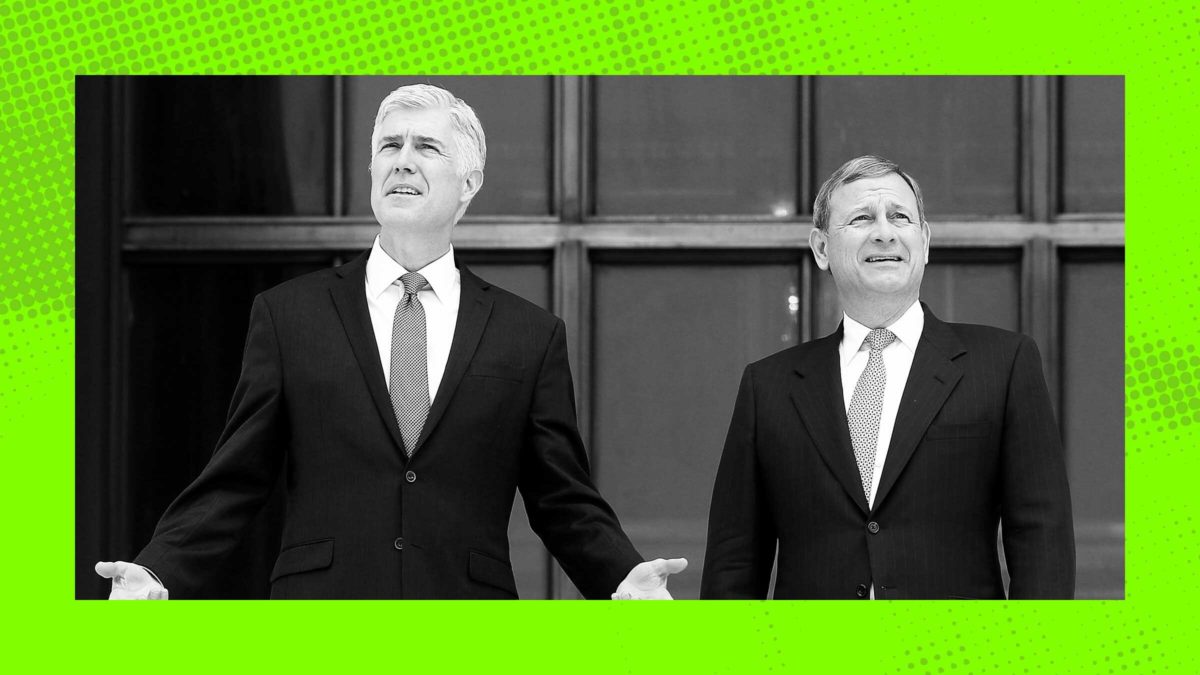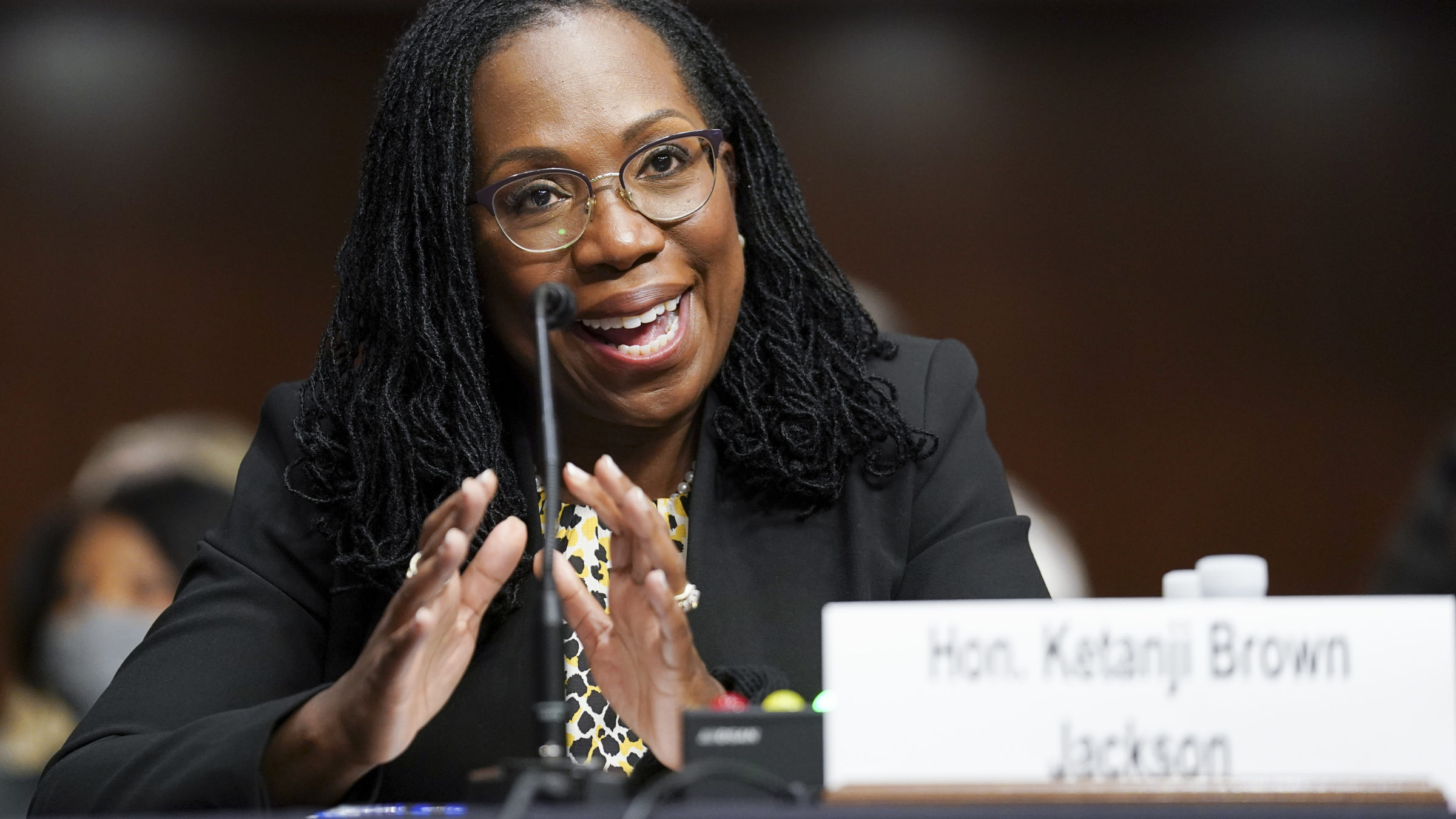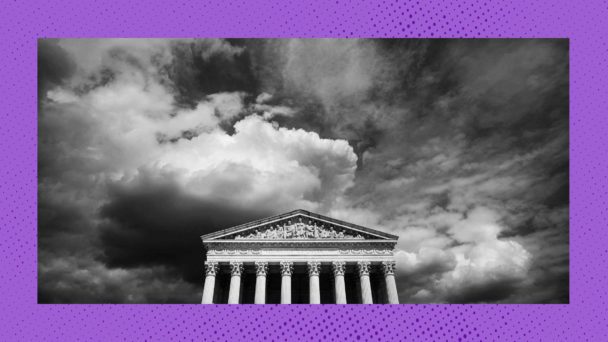It’s Halloween, and the conservative legal movement is trick-or-treating at the U.S. Supreme Court. On Monday, the Court heard oral arguments in two cases brought by a group called Students for Fair Admissions (SFFA). The ironically-named organization is challenging the admission policies at Harvard University and the University of North Carolina, which consider applicants’ race as one factor among many in order to create a diverse student body.
The trick is SFFA’s plainly bogus claim that addressing racism is itself racist and unlawful. The treat is a legal revolution to constitutionalize white supremacy, stamping out efforts to remedy racism everywhere from classrooms to the ballot box.
Affirmative action is not the only target of the dark money organizations funding SFFA. Multiple Supreme Court cases this term are part of a comprehensive assault on government consideration of race, using the legal system as a vehicle for reactionary politics. Earlier this month in Merrill v. Milligan, for example, Alabama argued that states cannot lawfully use race to address racial discrimination in elections under the Voting Rights Act (VRA). A federal court found that Alabama violated the VRA by drawing its congressional district maps to dilute the voting power of Black residents, but Alabama says fixing the maps to re-empower Black voters would also constitute a racial gerrymander.
In the Harvard and UNC cases, SFFA argues that schools cannot lawfully consider students’ race to address racial discrimination in education. According to them, ensuring that underrepresented minorities have equal educational opportunities is also racial discrimination in education comparable to the segregated schools banned by Brown v. Board of Education more than five decades ago.
SFFA’s repeated context-deficient assertions that “racial classifications in law are wrong” deliberately obscure the fact that American institutions can’t combat discrimination honestly or effectively without paying attention to the actual axes on which people experience oppression. If the Court were to grant the right wing’s request to brand this core remedial strategy as unlawful, whole swaths of anti-discriminatory measures would become legally suspect, and white hegemony would become cloaked in the Constitution.

When you’re like eight months away, tops, from getting rid of affirmative action for good (Photo by Alex Wong/Getty Images)
What makes these cases especially perverse is that they rely on legal tools expressly designed to confront the subordination of Black people. The Fourteenth Amendment, the Voting Rights Act, and other antidiscrimination legislation have all won important victories for historically marginalized peoples and democracy writ large. But conservatives claim that those very tools should actually require abstinence from the pursuit of justice, or else they would be discriminatory too.
This logic permeated oral argument in both cases on Monday morning. College admissions, the challengers repeatedly argued, are zero-sum; a plus for one person is tantamount to a minus for someone else. At one point, SFFA lawyers claimed that race-conscious admission policies impose a cost on some applicants by putting “a thumb on the scale” in favor of students who self-report as underrepresented minorities. As for the weight of centuries of oppression under color of law, they didn’t find it worth mentioning.
This isn’t a new argument, and it’s still a bad one. As early as the 1880s the Court was already complaining that Black people were no longer held in human bondage and really ought to stop milking that whole slavery thing. “There must be some stage in the progress of his elevation when he takes the rank of a mere citizen, and ceases to be the special favorite of the laws, and when his rights as a citizen, or a man, are to be protected in the ordinary modes by which other men’s rights are protected,” wrote Justice Joseph P. Bradley in the Civil Rights Cases (again, ironically named.) This is legalese for “Haven’t we done enough for you people? What about ME?” And it makes about as much sense as a bully being jealous of a classmate’s cast after he broke their arm.
There were echoes of this today, too, as Justices Samuel Alito, Amy Coney Barrett, and Brett Kavanaugh all asked about an expiration date for affirmative action policies and paid less attention to why the policies are still necessary. “So what are you saying when you’re up here in 2040?” Barrett asked UNC’s lawyer. “Are you still defending it like this is just indefinite, it’s going to keep going on?” This framing views democracy, too, as a zero-sum game, and considers helping people whom the government harmed to be inflicting a new harm on the ruling class. As far as the intellectually and morally bankrupt are concerned, doing anything to confront racism is The Real Racism.
Law and morality don’t always overlap, but they actually do here: Precedent is not on SFFA’s side. About 20 years ago in Grutter v. Bollinger, the Court recognized that schools can consider race in admissions in order to cultivate a diverse student body and achieve the educational benefits which flow from it. SFFA contends that this decision is “grievously wrong” and calls on the Court to overrule Grutter in order to vindicate the principle of race neutrality. The problem is, race “neutrality” here means “neutral in the face of racial injustice,” which is in fact an affirmative choice for oppression. Like much of higher education, Harvard and UNC are both historically white (and modernly white–like, UNC was still deliberately and exclusively whites-only less than one Betty White ago.) That legacy doesn’t just go away if you promise not to think about it.
The Court’s liberal appointees did their damndest to make clear the consequences a ruling for SFFA would have on diverse campuses and on democracy more broadly. Justice Ketanji Brown Jackson presented two hypothetical applicants whose families resided in North Carolina for generations–one a fifth-generation descendant of slaves who weren’t permitted to attend UNC, one a fifth-generation descendant of UNC graduates, both hoping to honor their families by attending UNC. “Neutrality” here would disadvantage the Black student, because the strange framework constructed by SFFA would welcome all aspects of diversity but race. Listen to audio here:
Clip via YouTube
Disturbingly, SFFA even seemed opposed to ostensibly race-neutral admission policies, too, if they were still effective at producing diverse student populations. In response to a hypothetical question from Kavanaugh about a college considering it a “plus” factor for an applicant to be a descendant of slaves, SFFA responded that would likely be a proxy for race and therefore an improper legal remedy. As Jackson noted, this creates its own potential real Equal Protection problem: a refusal to consider the unique story and whole personhood of an applicant whose experiences are bound up with racial subordination.
SFFA’s objections to affirmative action are grounded in the same specious rationale that drove the backlash when President Joe Biden pledged to nominate a Black woman to the Supreme Court and conservatives lost their whole entire minds: “Good things are the same as bad things.” The Court’s supermajority of far-right conservatives have the numbers to do whatever they want and don’t have much in the way of shame. The outstanding question is what everyone else is willing to do about it. In the meantime, the bench is only going to become a scarier place.





